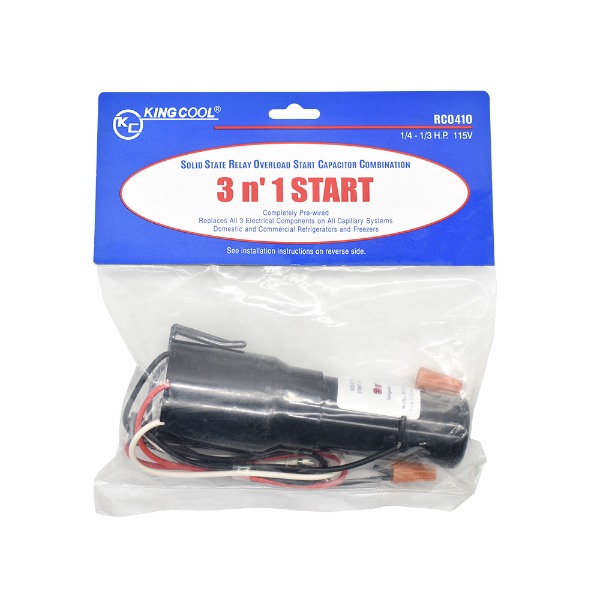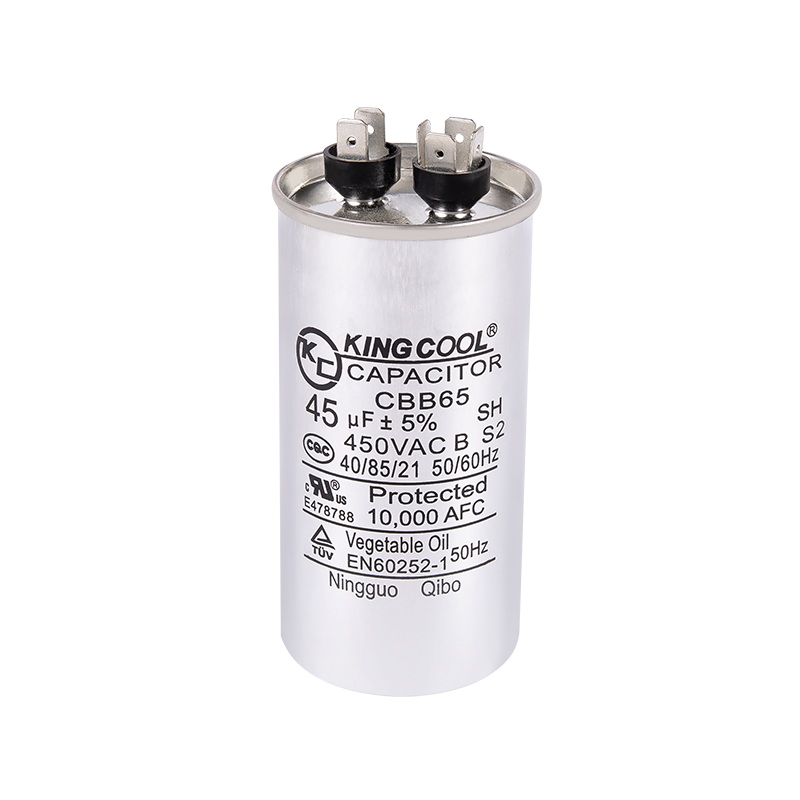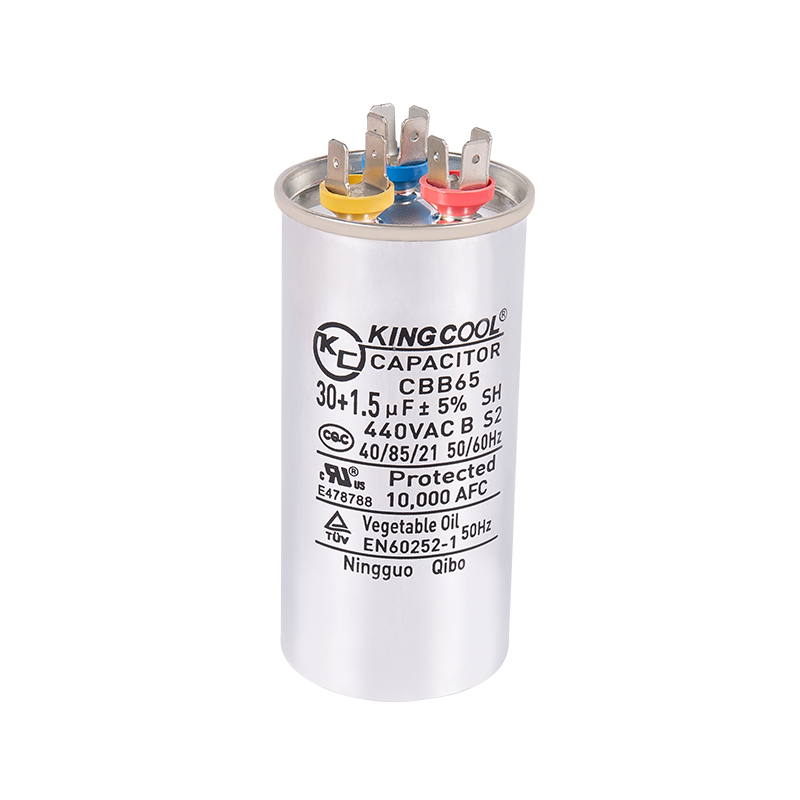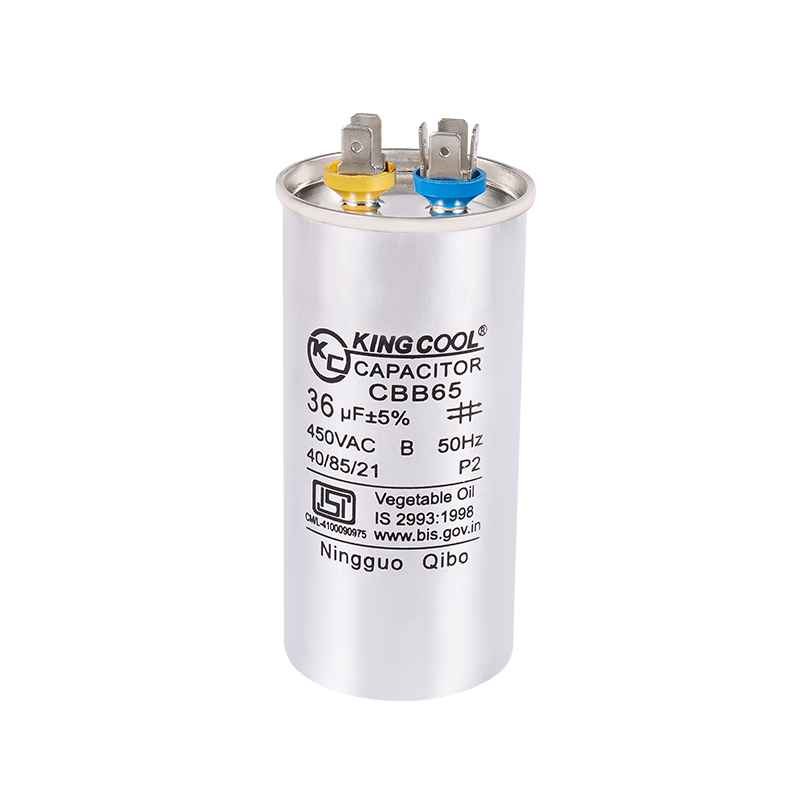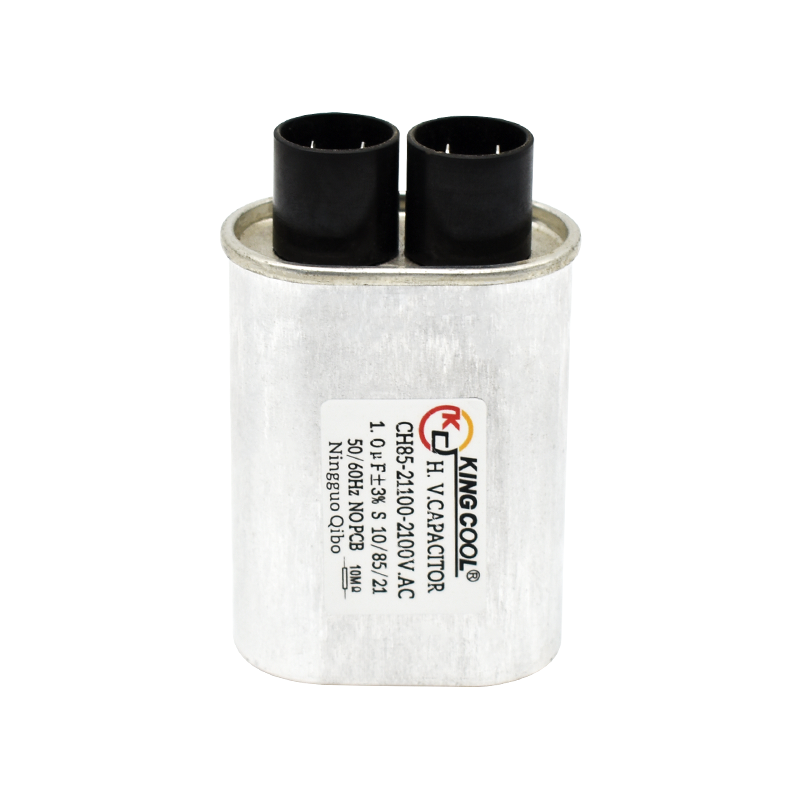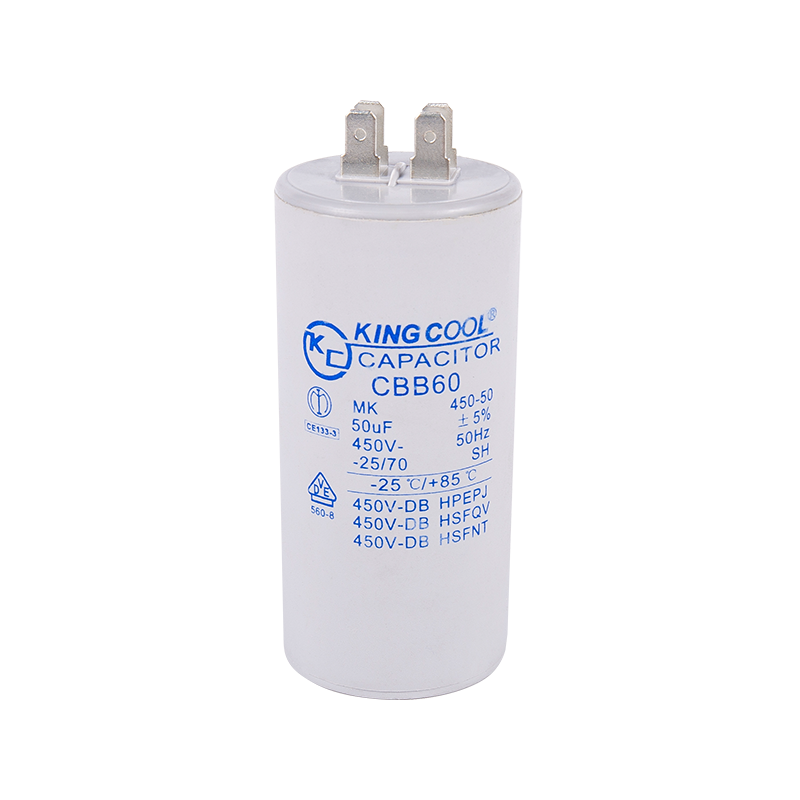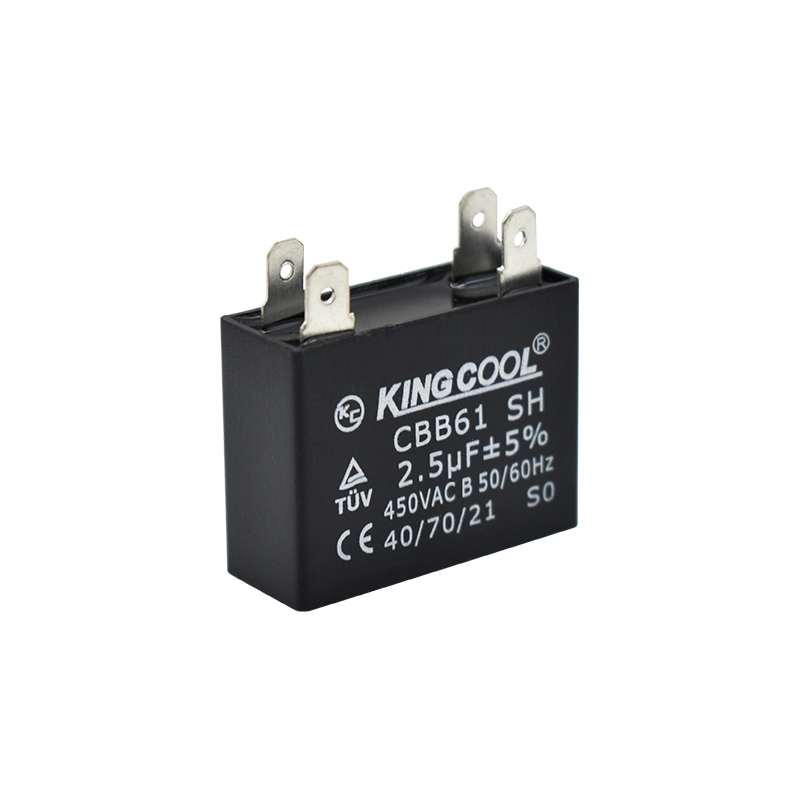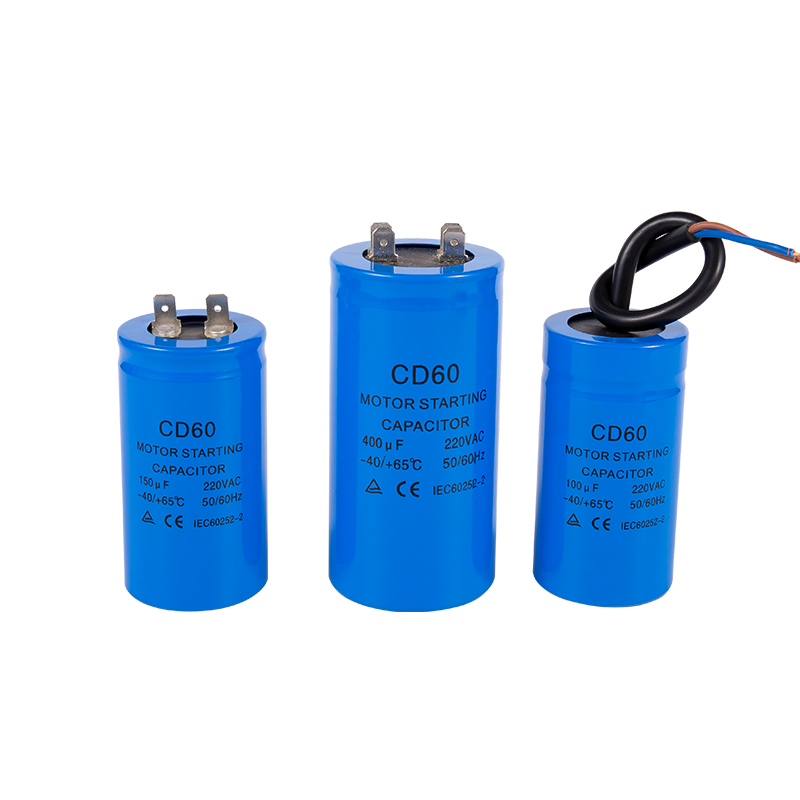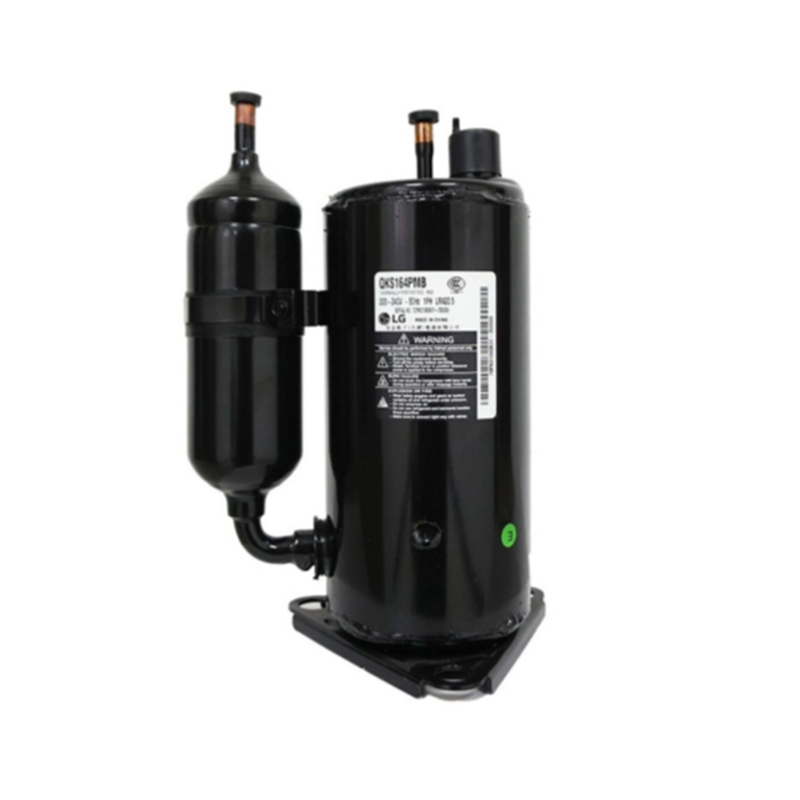- Home
- About Us
- Product
- Capacitor
- Air-Conditioner Parts
- Compressor
- Universal A/C Control System & Remote
- Temperature Controller
- Contactor & Transformer
- Relay & Overload & Delay Timer
- Indoor And Outdoor Air Conditioning Motor
- Defrost Timer
- Thermostat Guard
- Select Switch
- Fan Blade
- Air Conditioner Bracket
- A/C Flow Deflector & A/C Service Bag
- High Pressure Washer
- Charging Valve & Capillary & Wave Tube
- All A/C Brands Sensor
- Insulation tuber
- Refrigerator Parts
- Refrigeration Parts
- Axial Fan
- Microcomputer Temperature Control
- Voltage Protector
- Vacuum Pump & Refrigerant Recovery Unit & Scale
- Brass & Copper Fitting
- Installation Material
- PVC Air Curtain
- Condensate Drain Pump
- Refrigerant
- Copper Tube
- Filter Drier & Oil Separator For Refrigeration System
- Vibration Absorber
- Control Valve & Fitting & Component
- Manifold Gauge
- Thermometer
- Air Curtain
- Condenser Unit
- Condensing Unit
- AC Cooling Fan
- Refrigerant Leak Detector
- Latch & Hinge
- Washing Machine Parts
- Home Appliances Parts
- Instruments&Tools
- Resources
- News
- Contact Us
Web Menu
- Home
- About Us
- Product
- Capacitor
- Air-Conditioner Parts
- Compressor
- Universal A/C Control System & Remote
- Temperature Controller
- Contactor & Transformer
- Relay & Overload & Delay Timer
- Indoor And Outdoor Air Conditioning Motor
- Defrost Timer
- Thermostat Guard
- Select Switch
- Fan Blade
- Air Conditioner Bracket
- A/C Flow Deflector & A/C Service Bag
- High Pressure Washer
- Charging Valve & Capillary & Wave Tube
- All A/C Brands Sensor
- Insulation tuber
- Refrigerator Parts
- Refrigeration Parts
- Axial Fan
- Microcomputer Temperature Control
- Voltage Protector
- Vacuum Pump & Refrigerant Recovery Unit & Scale
- Brass & Copper Fitting
- Installation Material
- PVC Air Curtain
- Condensate Drain Pump
- Refrigerant
- Copper Tube
- Filter Drier & Oil Separator For Refrigeration System
- Vibration Absorber
- Control Valve & Fitting & Component
- Manifold Gauge
- Thermometer
- Air Curtain
- Condenser Unit
- Condensing Unit
- AC Cooling Fan
- Refrigerant Leak Detector
- Latch & Hinge
- Washing Machine Parts
- Home Appliances Parts
- Instruments&Tools
- Resources
- News
- Contact Us
Product Search
Exit Menu

The Future of Energy Efficiency: How Compressors and Capacitors Are Changing the Game
Posted by Admin | 10 Jul
Understanding the Role of Compressors Capacitor in Modern Systems
In today's energy-conscious world, the combination of compressors and capacitors plays a pivotal role in enhancing efficiency across industries. From HVAC systems to refrigeration, compressors capacitor technology ensures smoother operations and reduced power consumption. But what exactly makes this duo so essential?
1. The Science Behind Compressors Capacitor Technology
Compressors and capacitors work together to regulate energy flow in electrical systems. A compressor, often used in cooling systems, requires a steady power supply to function optimally. Here, capacitors act as energy reservoirs, providing the necessary boost during startup and stabilizing voltage fluctuations. Without capacitors, compressors would face higher wear and tear, leading to frequent breakdowns.
For example, in air conditioning units, the compressor start capacitor ensures the motor starts efficiently, reducing strain on the system. Compared to systems without capacitors, those equipped with them show:
| Feature | With Capacitor | Without Capacitor |
|---|---|---|
| Startup Time | Faster | Slower |
| Energy Consumption | Lower | Higher |
| Lifespan | Longer | Shorter |
2. Key Applications of HVAC Compressor Capacitors
HVAC systems heavily rely on capacitors to maintain efficiency. The HVAC compressor capacitor ensures that the compressor motor runs smoothly, especially during peak loads. In commercial buildings, where HVAC systems operate continuously, capacitors help reduce energy bills by up to 20%.
Additionally, capacitors in refrigeration systems prevent voltage drops, which can otherwise lead to inconsistent cooling. This is particularly crucial in medical and food storage applications, where temperature stability is non-negotiable.
3. Signs You Need a Compressor Capacitor Replacement
Capacitors degrade over time, and a failing one can severely impact system performance. Common symptoms of a failing compressor capacitor replacement include:
- Humming noises from the compressor
- Frequent system tripping
- Slow cooling or heating
- Visible bulging or leaking from the capacitor
Ignoring these signs can lead to compressor failure, which is far more expensive to repair. Regular maintenance checks can help identify capacitor issues early.
4. How to Choose the Right Air Conditioner Compressor Capacitor
Selecting the correct air conditioner compressor capacitor involves considering voltage ratings, capacitance, and durability. Not all capacitors are interchangeable, and using the wrong one can damage the compressor.
Key factors to compare:
| Factor | Ideal Choice | Poor Choice |
|---|---|---|
| Voltage Rating | Matches system requirements | Underrated or overrated |
| Capacitance | Precise microfarad (µF) value | Incorrect µF |
| Temperature Resistance | High | Low |
5. The Benefits of Dual Run Capacitors for Compressors
Dual run capacitors for compressors combine the functions of start and run capacitors into a single unit. This design simplifies wiring, reduces space, and improves reliability. They are commonly used in systems where both the compressor and fan motor require capacitor support.
Advantages include:
- Fewer components to maintain
- Lower risk of wiring errors
- Enhanced energy efficiency
Final Thoughts on Optimizing Compressor-Capacitor Systems
From improving energy efficiency to extending equipment lifespan, the right capacitor makes a significant difference in compressor performance. Whether you're dealing with an HVAC compressor capacitor or planning a compressor capacitor replacement, understanding these components ensures smarter decisions for long-term savings.
Efficient charging, stable output, capacitor, thefirst choice for electric drive.
- Address: North of Funing Rd., Helixi Economic and Technology Development Zone, Ningguo, Anhui, China
- Phone/WhatsApp: +86-18110862602
- Email: [email protected]
If you have anything to consult, you canfollow us, we will contact you as soon aspossible
Copyright © Ningguo Kingcool Import and Export Co., Ltd All Rights Reserved. Custom HVAC Parts & Accessories Suppliers









